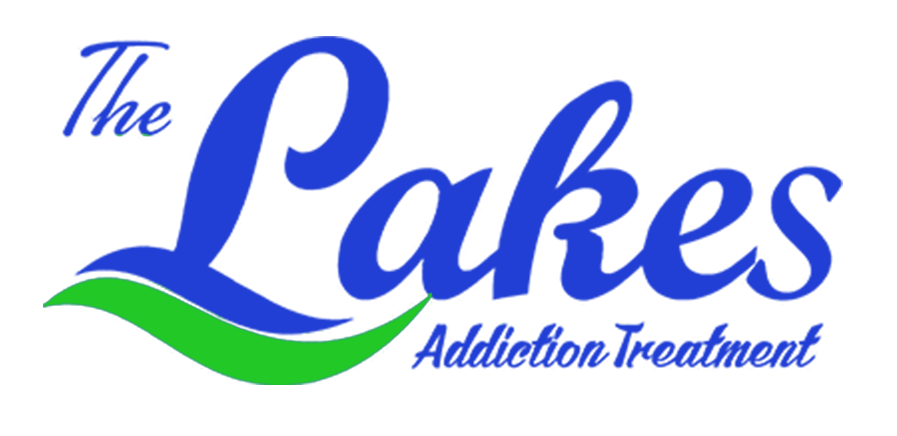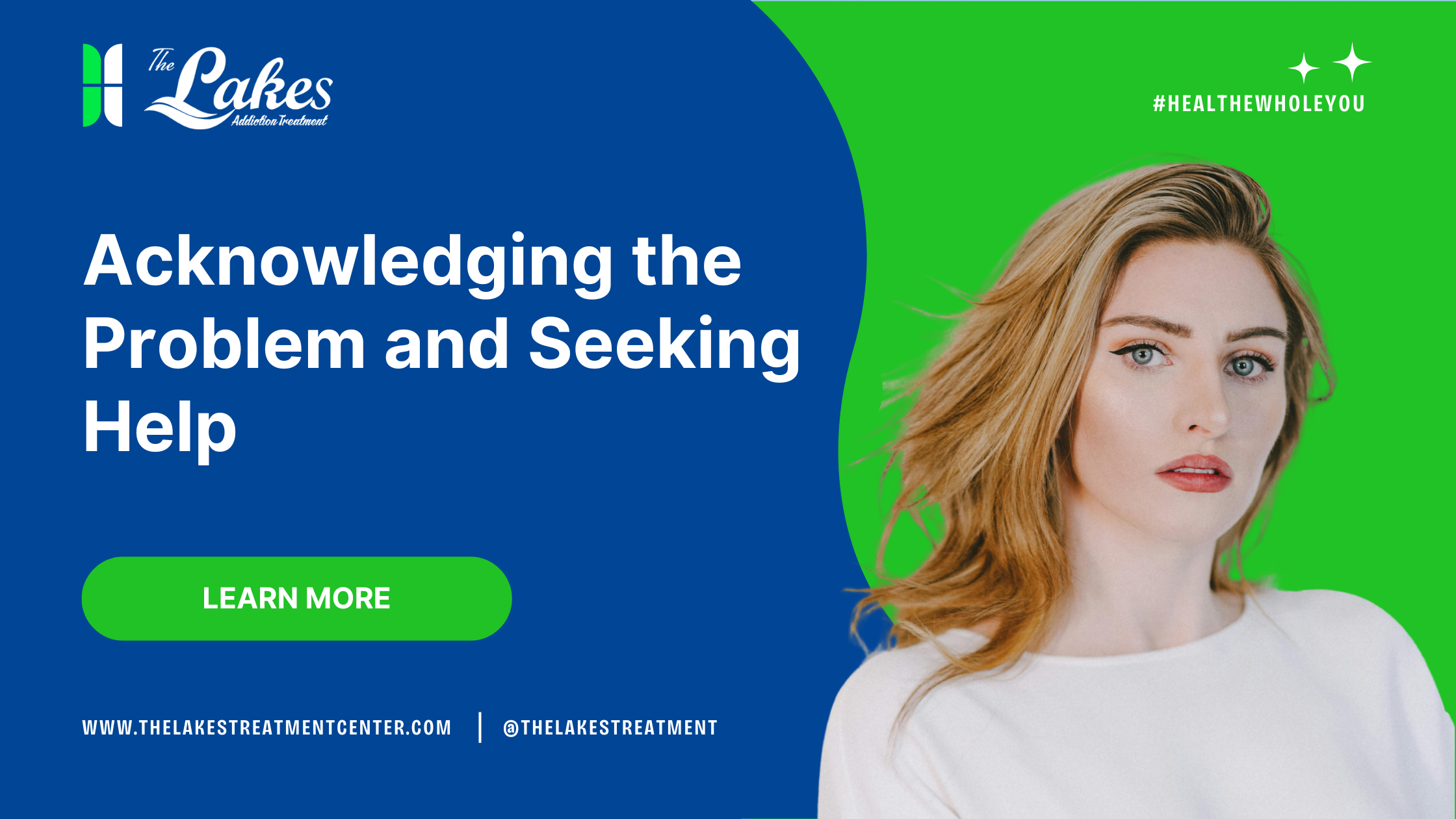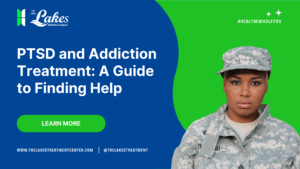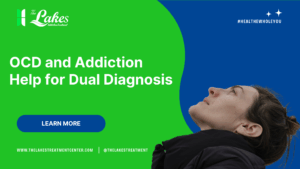Key Takeaways
- Acknowledging the problem is the first and most crucial step in overcoming addiction, as denial prevents meaningful recovery.
- Signs of addiction include financial strain, withdrawal symptoms, hiding substance use, and struggling to stop despite repeated attempts.
- Understanding mental health and identifying underlying issues like depression, anxiety, or trauma is essential to guide recovery efforts effectively.
- Overcoming addiction denial involves confronting stigma, learning about recovery programs, envisioning a substance-free future, and recognizing the consequences of substance use.
- Seeking help through therapy, support groups, and treatment programs (while involving family and friends) creates a strong foundation for long-term sobriety.
Acknowledging the problem and seeking help for substance abuse is incredibly difficult when you are struggling with an addiction. Just admitting to yourself that things have gotten out of hand can be very challenging since this will necessarily require you to take responsibility for your actions. That is why many people go through addiction denial and try to normalize their behavior.
Finding effective solutions is crucial, but it starts with acknowledging the problem and seeking help. However, the most important part of starting your recovery journey and maintaining long-term sobriety is accepting that you have a problem.
In this article, we will be discussing how you can go about acknowledging the problem and seeking help so that you can get started on your recovery journey.
How to Know If You Have an Addiction
Acknowledging the problem and seeking help is much more difficult if you aren’t completely sure whether or not you have an addiction. One of the easiest ways to remain in denial is by making excuses and trying to cover up your behavior. For instance, many people simply convince themselves that they just use substances here and there and do not actually rely on them.
The reality is that the line between addiction and recreational substance use can get quite blurred.
Here are some signs that could indicate that you are crossing the line and relying too heavily on substances:
- Spending large amounts of money on your substance use.
- Thinking about using substances even when you are doing other activities.
- Feeling as though you need to hide your substance use from friends and family.
- Trying to stop using substances but failing.
- Suicidal thoughts related to substance use
- Feel as though you cannot function without using drugs or alcohol.
- Withdrawing from loved ones for the purposes of using substances.
- Feeling withdrawal symptoms when you try to cut back on substance use.
- Start to increase your substance use as you become less sensitive to it.
Identifying the Issue
Identifying the underlying issue is crucial for addressing mental health problems, such as depression and anxiety. Mental health professionals can help individuals understand their thoughts, feelings, and behaviors, and develop strategies for coping with challenging situations. A person’s mental health can be affected by various factors, including substance abuse, trauma, and relationships.
Recognizing the signs and symptoms of a dual diagnosis such as changes in mood or behavior, can help individuals seek help before the problem escalates. Denial and blame can be significant barriers to seeking help, but acknowledging the problem and taking responsibility can be a powerful step towards recovery. Understanding the context and perspective of the individual can help mental health professionals develop effective treatment plans.
Identifying the issue is not about placing blame, but rather about understanding the underlying causes of the problem. By acknowledging the issue and seeking help, individuals can begin to address their mental health problems and improve their overall well-being.
How to Deal With Addiction Denial
Now that you know how to tell if you have an addiction or not, how do you deal with addiction denial? Acknowledging the problem and seeking help is impossible until you are able to allow yourself to fully acknowledge that you have an addiction. If you try to sugarcoat your addiction, you will not feel the amount of urgency and determination you need to start your recovery journey. Knowing how to respond to your own denial is crucial for overcoming it.
Here are some steps you can take to deal with addiction denial and the other negative emotions associated with admitting that you have a problem. Despite the challenges, there is always hope for recovery if you take the necessary steps.
Confront the Stigma
Many people avoid admitting that they have a problem because they fear the social stigma attached to addiction. Despite the fact that we understand addiction so much better now, there are still many misconceptions about what causes addiction and who it impacts.
The reality is that anyone can experience addiction at any point in their life, so there is no reason to feel ashamed.
If you are experiencing addiction denial and fear the stigma attached to admitting this, you need to confront this head-on. The best way to do this is to admit that you have a problem with your loved ones, as they will be the people most likely to understand. Some of your friends and family members may even have already suspected this and have considered reaching out to you about it.
You could also consider joining addiction groups before you even seek out treatment. This can be a great way to put your mind at ease and come to terms with your addiction in a safe and welcoming space.
Learn About Addiction Recovery
It is not uncommon for people to avoid admitting that they have a problem because they fear the recovery process. Addiction recovery is not easy and requires a long-term commitment in order to be successful.
You may find it beneficial to learn more about the recovery process and mental health topics so you understand how it will impact your life. This will help to remove some of the fear you may associate with recovery, especially when it comes to things like making amends with loved ones or going through withdrawals.
Some educational resources that may help provide you with answers include:
- Researching different therapies
- Exploring different programs
- Browsing different treatments
The good news is that there are many free recovery resources available online that you can take advantage of to learn more about addiction recovery programs. There are also resources for building a support network by involving friends, family, and professionals in your recovery journey.
Understand Mental Health
It’s important to test — not guess — with mental health to avoid worsening patterns of obsession and addiction. One of the first steps is to find help for mental health from a professional person or support organization.
For example, you may want to explore:
- Talk therapy, where an expert can listen to your needs and lead you toward possible resolutions
- Learning about possible disorders that coincide with addiction and other mental health problems, which will help you better decide on a course of action
- Medication possibilities for emotional disorder such as anxiety and depression, which may be helpful as you consider solutions for your unique addictions and symptoms
Think of the Future
Even if your addiction is having a negative impact on your life, you may still feel fear at the thought of change. Even positive change can be very intimidating and overwhelming, especially when it requires such a big commitment from you.
If this is something that you are dealing with, you could try envisioning the future. Envision a future where you do not rely on substances, and you are able to repair the areas of your life that have been negatively impacted. For instance, you may be able to repair certain relationships, get the job you have always wanted, or purchase your dream home. Envisioning a future without addiction can motivate you to pursue lasting change.
By envisioning a future without addiction, you can give yourself something to focus on and fight for, even when you feel afraid.
Look at the Consequences
Addiction denial has a way of glossing over addiction and making it seem as though it is normal, but it can have devastating effects on your life and the lives of those around you. To avoid falling into this trap, you need to truly look at the consequences of your substance abuse.
Who other than yourself has your substance abuse hurt? Have you had to let go or neglect things in your life that you used to enjoy, such as hobbies or your career?
Recognizing how your actions contribute to the problem can be a powerful motivator for change. When you are honest with yourself and truly examine your life, the consequences of addiction are never worth it.
Seeking Help For Substance Abuse
Once you have acknowledged that you have a problem, the next step is to seek help. You may feel tempted to start recovery on your own but this is something that is a team effort. Seeking help can be a team effort, and involving folks like your family or a loved one can provide additional support and encouragement.
You may need to join an addiction recovery treatment program, whether that be an inpatient or outpatient detox program. You also need to start speaking to a therapist and find different addiction groups you can join. Now is also a good time to start relying more heavily on your support system of friends and family members if possible.
Addiction recovery is a lifelong process, and there will always be a temptation you will have to overcome. However, living a sober life with these challenges is much better than living a life of denial where you have no control over your addiction.
Get Addiction Treatment With The Lakes Treatment Center
Acknowledging the problem and seeking help may feel impossible when you are starting out. But, by taking the right steps, you could take responsibility for your addiction and start the process of getting the help that you need. Once you take that first step, everything else will feel much more attainable.
At The Lakes Treatment Center, all programs are designed to help you heal both physically and emotionally, setting you on the path to lasting recovery. The goal is to save every moment of your valuable time so can learn essential skills for living a lifestyle of recovery.
Do you want to find an addiction treatment program to kickstart your recovery journey? Contact us today at The Lakes Treatment Center to get started.
Frequently Asked Questions
Q: How do I know if I have an addiction?
Signs include increasing substance use, withdrawal symptoms, hiding use from loved ones, failed attempts to quit, neglecting responsibilities, and feeling unable to function without substances. Awareness of these signs is the first step toward recovery.
Q: What is addiction denial, and why is it harmful?
Addiction denial occurs when someone minimizes or excuses their substance use. It prevents acknowledgment of the problem, delays seeking help, and increases the risk of worsening physical, mental, and social consequences.
Q: How can I confront addiction stigma?
Speak openly with trusted friends or family members, join support groups, and educate yourself about addiction. Understanding that addiction can affect anyone helps reduce shame and fear, making it easier to seek help.
Q: Why is understanding mental health important in recovery?
Addiction often co-occurs with mental health conditions like depression, anxiety, or trauma. Addressing these underlying issues through therapy, counseling, or medication improves coping skills, reduces relapse risk, and supports lasting recovery.
Q: How do I deal with the fear of change when starting recovery?
Visualize a positive future without substances, focus on achievable goals, and acknowledge the benefits of sobriety. Breaking the process into manageable steps makes the transition less overwhelming.
Q: What types of help are available for someone ready to seek treatment?
Options include inpatient or outpatient rehab, detox programs, therapy, support groups, and guidance from family and friends. Combining professional care with a support network increases the chances of successful, long-term recovery.




